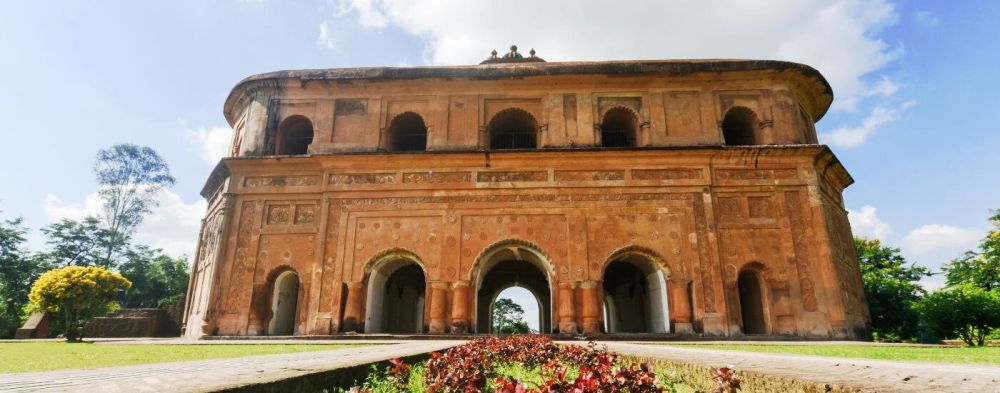

The quaint city of Dibrugarh, located in the northeastern Indian state of Assam, is often recognized as the 'Tea City of India'. Dibrugarh's tourism history is intrinsically linked with its tea plantations, lush green landscapes, and the mighty Brahmaputra River that skirts its edge. Its historical roots in the tea industry have not only shaped the economic life of the region but also its cultural landscape and the flow of tourists over the years.
The history of tourism in Dibrugarh can be traced back to the British colonial era. The discovery of tea in nearby areas and the establishment of tea gardens in the early 19th century attracted a number of British colonialists and planters to this region. Many of the bungalows and buildings from this period still dot the landscape, offering a glimpse into the colonial past and acting as historical attractions for visitors.
With time, the development of infrastructure such as the historic Dibrugarh- Ledo railway, set up during World War II, further catalyzed the accessibility and popularity of Dibrugarh among travelers. This railway line, also famous as a part of the Stillwell Road, has a story of its own, being a remnant of strategic military importance.
What brings tourists to Dibrugarh is not only its historical significance but also its natural beauty. The tea gardens are expansive and soothing to the senses, and play a key role in attracting nature lovers. Several river cruises on the Brahmaputra also commence from Dibrugarh, introducing tourists to the region's rich aquatic life and riverine culture.
The indigenous culture, characterized by festivals such as Bihu, traditional dance forms, and Assamese cuisine, offers a vibrant cultural backdrop for travelers. Over time, tourism promotion has included showcasing such local traditions and crafts, adding depth to Dibrugarh's tourist appeal.
In recent years, Dibrugarh has seen a shift towards eco-tourism and sustainable travel practices. This is in response to a growing global trend that favors environmentally friendly tourism that supports and conserves the local ecology. Luxury resorts and homestays have begun offering experiential travel opportunities, such as tea tours, yoga retreats, and wildlife safaris, while emphasizing conservation and community involvement.
Furthermore, the improvement in air connectivity with the expansion of the Dibrugarh Airport has significantly contributed to the ease of travel for both domestic and international tourists. There has been progress in promoting river tourism as well, with luxurious cruises attracting a niche market.
The tourism industry in Dibrugarh, Assam continues to evolve, with its history and natural charm being at the forefront of its appeal. From the sprawling tea gardens that recount the colonial past to the vibrant local culture and recent advances in sustainable tourism, Dibrugarh remains a destination filled with stories waiting to be explored and savoured by travelers from around the globe.